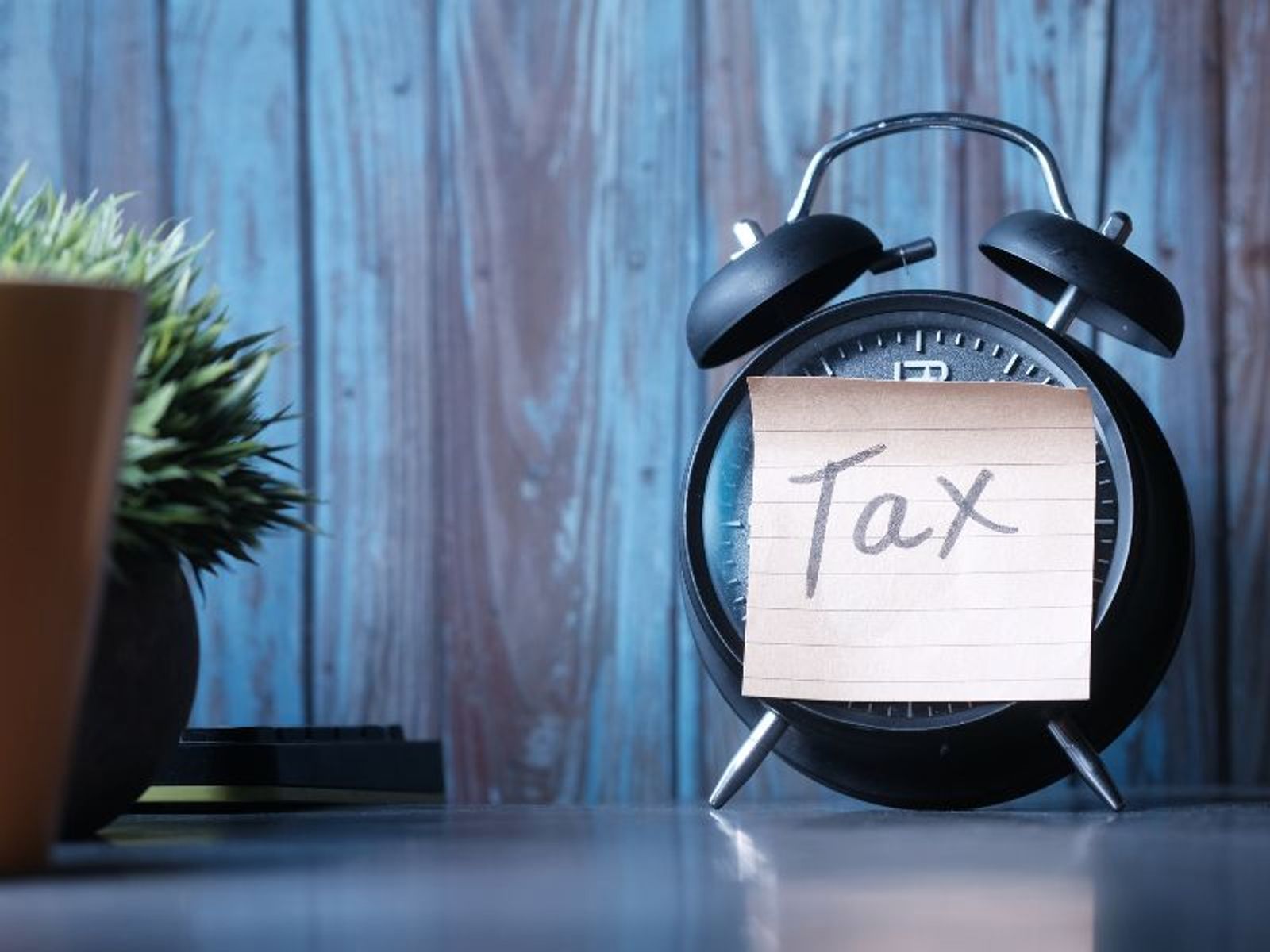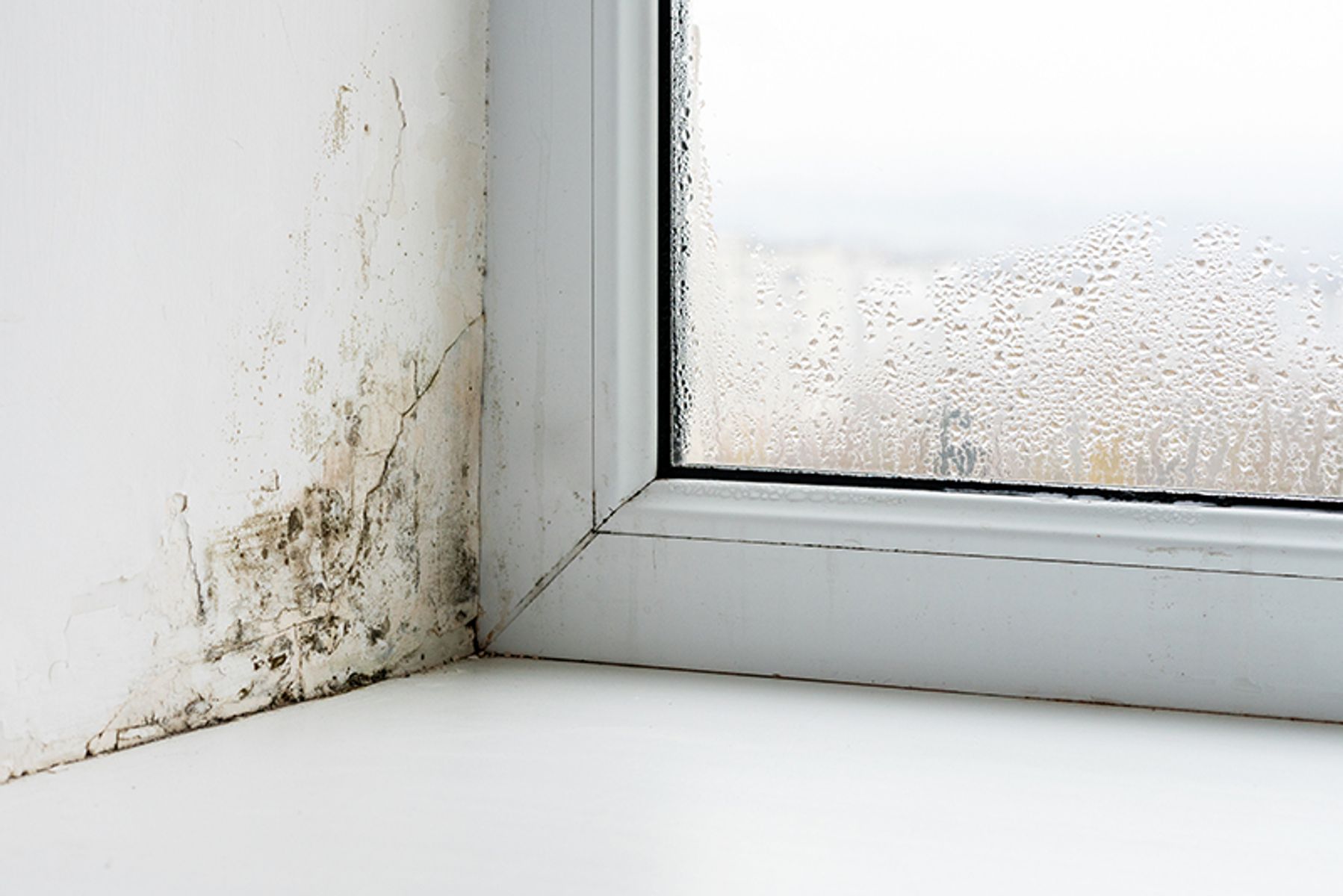First and foremost
Have you kept records of income received, expenses incurred and steps you took to rent your property from 1st July 2021 to 30th June 2022? As early as possible, a rental provider should start collating all expenditure receipts relating to their investment property.
HOT TIP
Many rental property owners opt to keep track of this throughout the year rather than endure the mad scramble to find lost receipts at tax time.
Know what you can claim at tax time
Being aware of what you can claim helps you to avoid missing out on precious deductions that you may otherwise pay the Australian Taxation Office in unnecessary expenses. The ATO Residential Rental Properties website has a summary of what you can claim at tax time. The end of the financial year is a good time to touch base with your accountant and work out everything that needs to be done.
HOT TIP
As a Residential Rental Provider, one of your best business advisors is your accountant or tax agent. They are across your entire financial situation and they know what your investments are doing. They can provide advice on any tax implications of your investment property’s income and expenses – particularly if your property is negatively geared.
Be aware of the basics
Like everything else, practice makes perfect, and experience builds knowledge. Refer to previous returns to ensure nothing is missed. You can create a template for yourself that makes this process easier to repeat each annum. The ATO recommends using a spreadsheet, professional software, or apps to track your expenses and simplify record-keeping from the time you buy the property.
Remember to include such items as:
- Water and council rates & Land Tax
- Interest on funds relating to the property
- Insurance: Building, contents, public liability, and income protection insurance Property management fees & Accountancy costs
- Ongoing expenses and Capital works
- Cleaning, gardening
- Advertising expenses
- Depreciation and Owners Corporation fees
HOT TIP
Some of these are deductible immediately, others over years.
Repairs and maintenance paperwork
Compile receipts from all instances where you performed, or outsourced repairs and maintenance. If your investment property was occupied when the fixes were carried out and they occurred before the end of the financial year, you will be able to claim them on your tax.
Repairs and maintenance can include such things as:
- Gutters and fencing
- Electrical and Plumbing repairs
- Pest control
- Painting and plaster repairs
- Appliance repairs
HOT TIP
Make sure you get any maintenance or repairs done before 30 June so you can claim in this financial year and remember that the ATO differentiates ‘repairs’ from ‘improvement capital expenses.
Get a depreciation schedule
One of the greatest perks of investing in real estate is the tax break, and they should always be utilised to their best advantage.
Depending on the properties you own, you could see thousands of dollars in tax deductions because the ATO allows property investors to reduce their overall income through the cost of depreciation. A registered quantity surveyor makes this process easy by creating a depreciation schedule.
Appliances, carpets, furnishings, blinds, floors, and even renovations may all be liable for depreciation benefits and you can usually claim the cost of the schedule itself.
When in doubt, leave it out
COVID-19 may have transformed the market in the last couple of years, but little has changed in terms of how the Australian Taxation Office treats investors’ deductions. Whilst most claims will have been made in 2021, there may be residual claims pending for things such as:
- Back payments of outstanding rents will be taxable once received
- Rental bond returns, repair costs paid directly to you by tenants, or insurance payouts should also be included as part of your rental income
- Bank deferred loan repayment interest can still be claimed if the expense was incurred
HOT TIP
As always, be sure to clarify with your financial adviser if you are entitled to claim certain expenses and don’t claim deductions for investment properties that are not genuinely available for rent, such as when they are occupied for personal use.
Review, assess, and plan
The end of the financial year is a great time to assess your current financial situation and make changes if required.
- Double-check your policies -Perform a policy check-up by reviewing your paperwork and ensuring that all your policies (e.g. landlord insurance, building insurance) are up-to-date and in order
- Review your loans - Make sure any interest-only periods are not coming up for expiry, especially if you have a loan on your owner-occupied property. Take some time to shop around and review your loan and insurance products against others in the market to ensure you’re getting a good deal
- Forecast - look ahead and consider your plans for your investment property for the next 12 months. Do you need to budget for repairs? Are you thinking about selling? Buying another property?
HOT TIP
Speak to your accountant about the tax implications of your planning and ensure you’re fully informed before taking any action.
Finally, are you thinking of selling?
The EOFY is an opportune time to get a sales appraisal on your rental property.
This is another service First National Neilson Partners offer our investors, so feel free to get in touch to learn more.
If your investment property is on the market, you’ll likely want to wait until after July 1st to ink the deal. If your contract is on or before June 30th, you’ll need to pay your capital gains tax sooner rather than later.
HOT TIP
If you can wait till the following EOFY, you’ll create extra breathing room that might come in handy. Discuss the best approach with your accountant.







